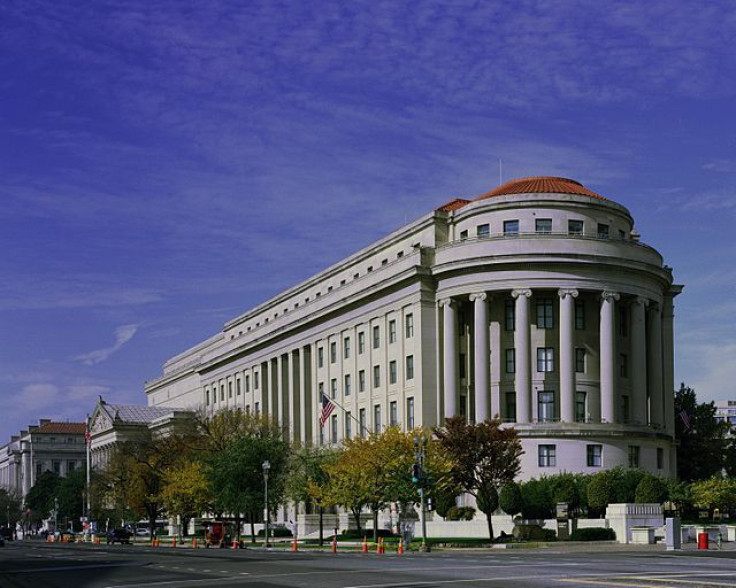FTC Settles With Nomi Technologies, Alleges Beacon-Maker Lied About Tracking Customers

The Federal Trade Commission announced Thursday it has reached a settlement with Nomi Technologies after finding that the data collection company misled its customers by claiming it doesn't track individual shoppers. It's the first, but almost certainly not the last, settlement between the FTC and a mobile tracking company, which have been heavily criticized by privacy advocates.
Nomi is one of multiple companies that deploy censors throughout retail locations and major cities to track customer movements for commercial purposes. The censors, also known as beacons, interact with users' phones without their knowledge, collecting information on how long a customer was in a store, how many customers have visited multiple stores and the number of repeat customers, among other business-related data.
The beacons track customers via their smartphone's media access control (MAC) address, which is often turned on by default when a phone's Wi-Fi is enabled. The FTC's complaint alleges that Nomi collected information on roughly 9 million phones in the first nine months of 2013. Nomi falsely promised that customers would be informed when their devices were being tracked, and have the choice opt out of the tracking.
“It's vital that companies keep their privacy promises to consumers when working with emerging technologies, as it is in any other context,” Jessica Rich, director of the FTC's bureau of consumer protection, said in a statement Thursday. “If you tell a consumer that they will have choices about their privacy, you should make sure all of those choices are actually available to them.”
During the nine months of 2013 in question, customers were only able to opt out of the tracking program online -- but not many customers even knew the option existed, as few if any stores notified customers about the program.
Nomi will not be fined under the terms of the agreement, though it will be forced to follow its own privacy policy. The commission voted 3-2 on the terms of the agreement.
The agreement comes six months after a BuzzFeed investigation revealed that the advertising company Titan placed tracking beacons on phone booths throughout New York City. The revelation infuriated privacy advocates, and surprised New York City lawmakers to the point that, only hours after the BuzzFeed piece was published, the beacons were ordered down. Still, Macy's, American Eagle and Major League Baseball are just a few of the big names that use the technology. At least for now.
© Copyright IBTimes 2024. All rights reserved.











